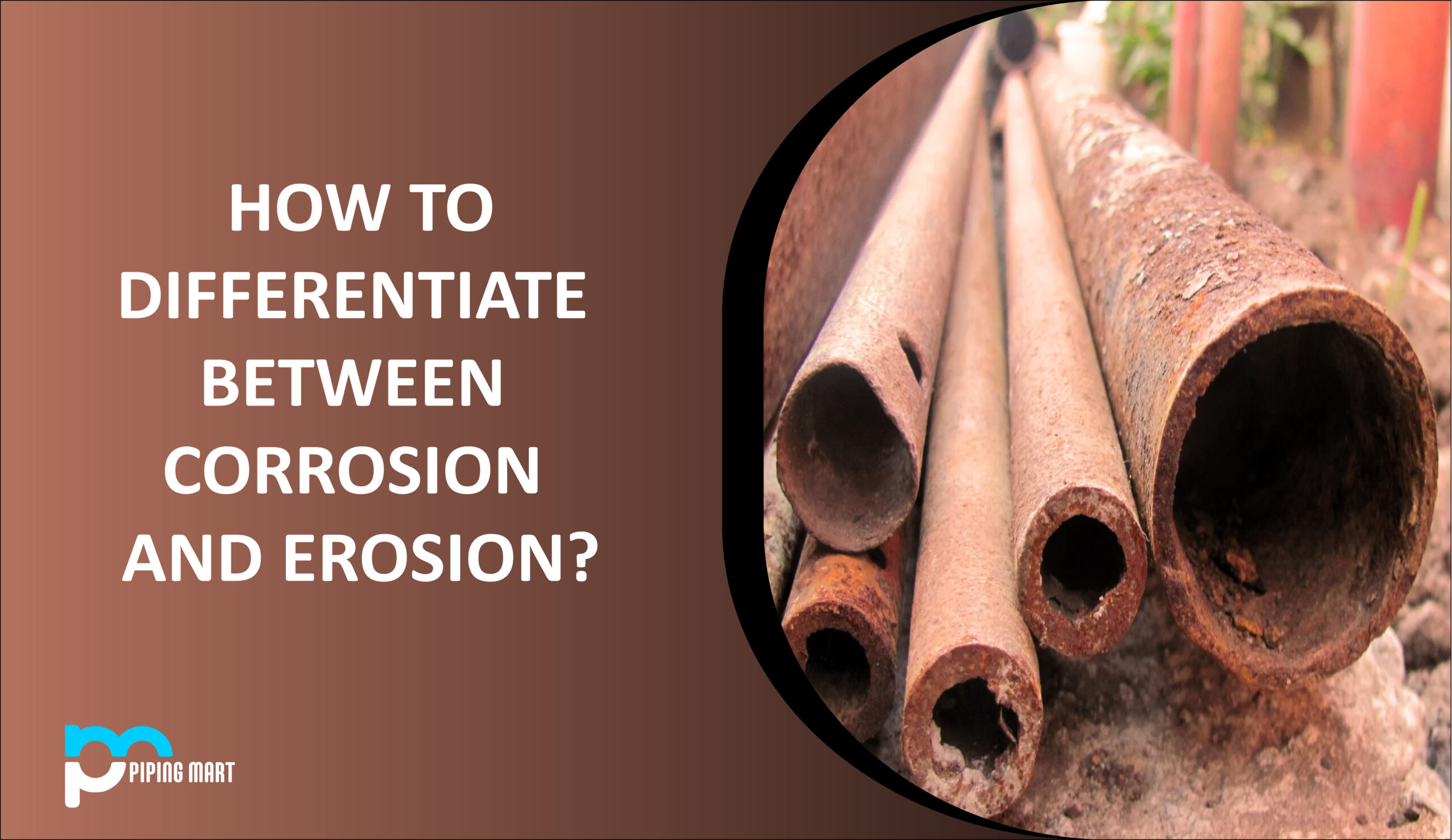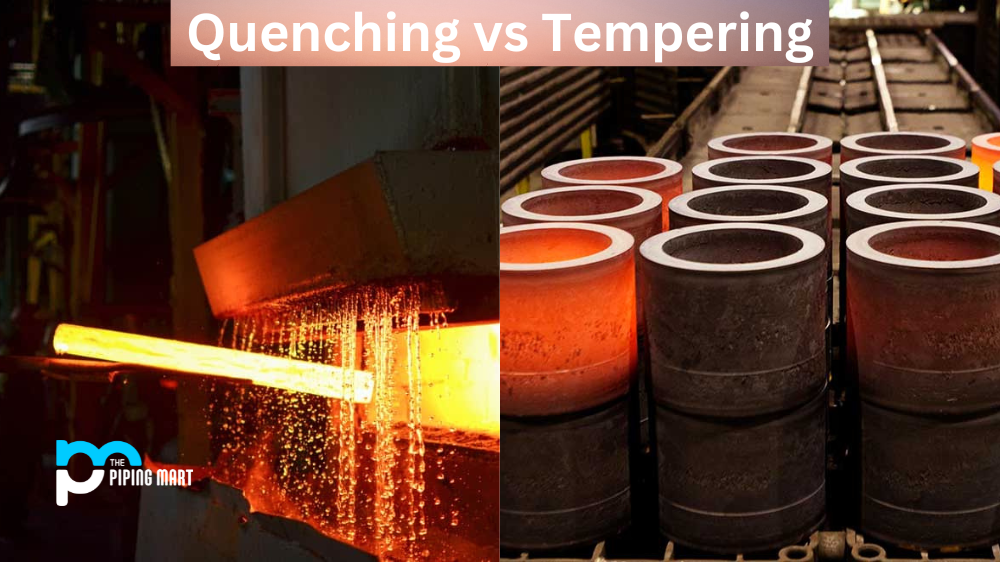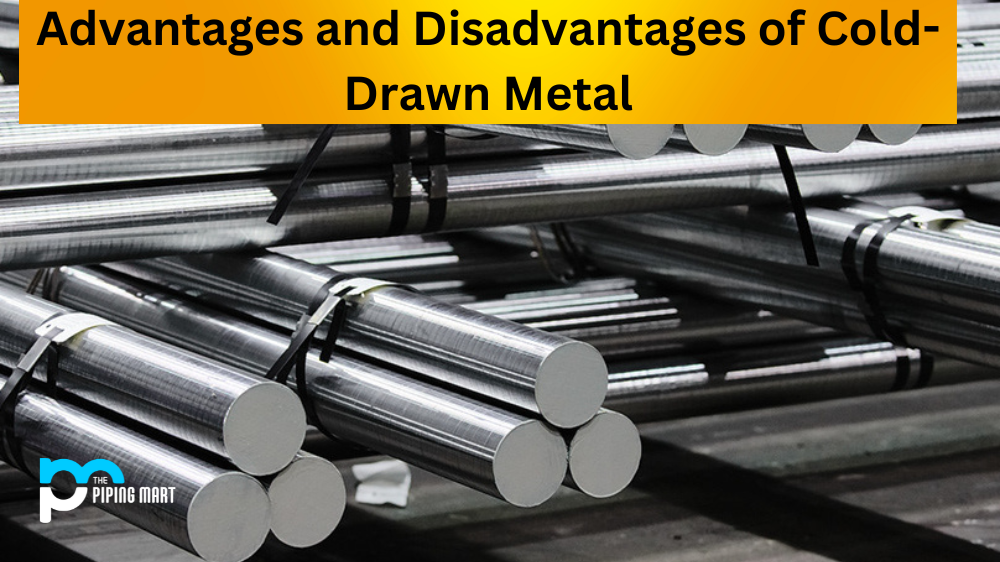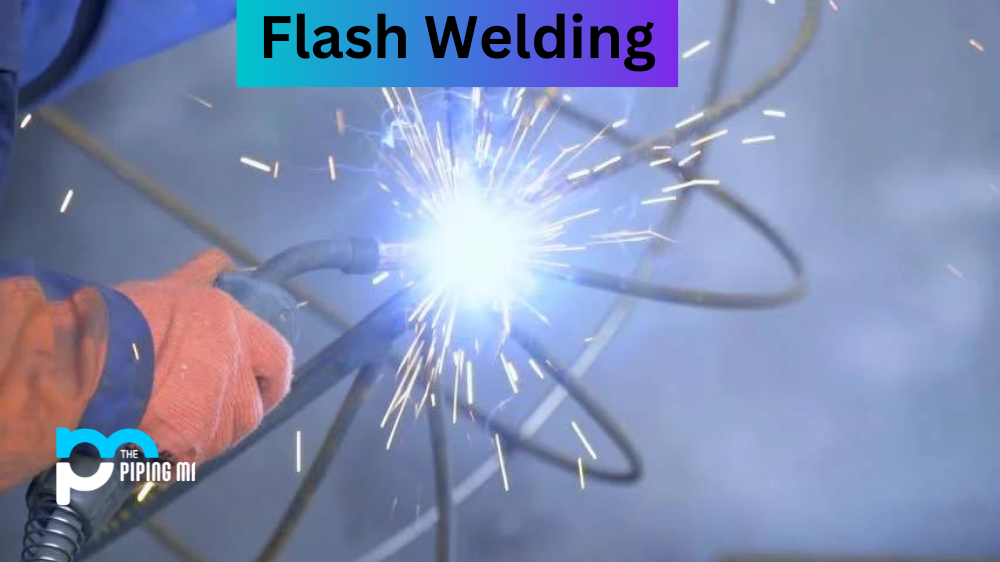Both corrosion and erosion occur due to specific external events on a surface. While erosion refers to the removal of topsoil from the earth’s surface, corrosion is the process of destroying objects through chemical reactions.
Chemical reactions frequently cause corrosion. Chemical processes and specific natural forces of nature both cause erosion. When metals come into contact with oxygen and moisture from the atmosphere, corrosion also refers to the loss of electrons from the metals. Water and wind are examples of natural factors that cause erosion. Other variables known to contribute to erosion include acid rain, the impacts of salt, and material oxidation.
In terms of the method, erosion is a physical method, whereas corrosion is an electrochemical method. Rusting is a term used to describe the corrosion of metals, which is visible in the substance itself. A natural process called erosion removes or transports materials from one location to another. For instance, even after erosion, sand that is moved away from a beach or riverbank is still sand. That’s not how corrosion works. When corrosion occurs, the substance will be changed to another chemical compound known as rust.
Galvanic, crevice, pitting, intergranular, and selective leaching are a few examples of different forms of corrosion. In addition to these other processes, erosion involves weathering, movement, and disintegration. It is possible to stop both erosion and corrosion. On the surface of the metal that is continually in touch with the environment, a protective coating is applied to stop corrosion. Erosion can be stopped by terracing the land or adding additional trees to places where it is prone to occur.

Pipingmart is B2B portal specializes in industrial, metal and piping products. Also, share latest information and news related to products, materials and different types grades to help business dealing in this industry.




